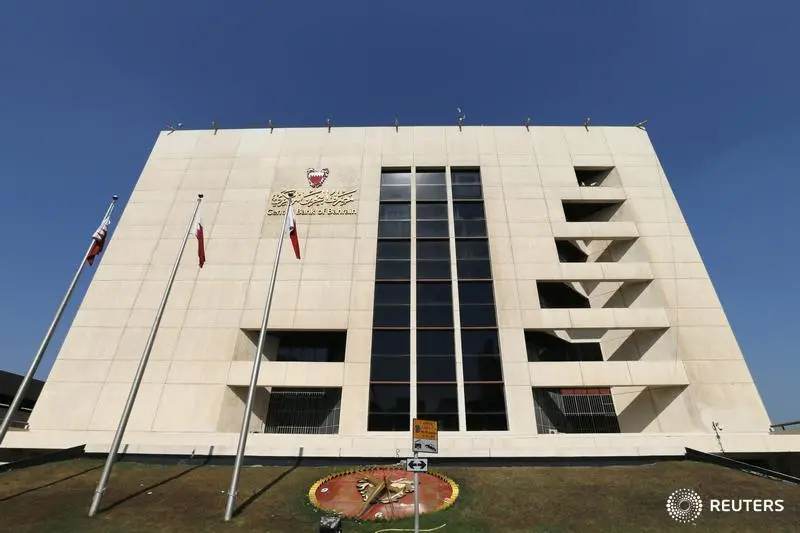PHOTO
MANAMA: The Central Bank of Bahrain (CBB) has clarified that no fees, except insurance, can be charged by lenders on the four-month loan deferral for Bahrainis and local companies.
The GDN has received a copy of fresh guidelines issued to banks, finance and microfinance companies by the regulator yesterday.
This comes a day after it was reported that banks had agreed to waive loan instalments from September until the end of the current year, provided that interest on the amount and administrative fees will have to be paid during the postponement period.
The CBB circular yesterday said no fees must be charged to customers for providing loan deferment option, except for additional insurance fees resulting from extension of the loan tenor.
The regulator also said no late payment fees must be charged on credit cards’ outstanding balance due for payment this month.
The central bank has directed licencees (banks, finance and microfinance companies) that their communication with customers must be in accordance with guidelines provided by the Bahrain Association of Banks (BAB) in an email dated September 21.
The move followed directives by the Cabinet in its weekly session to help offset the negative impact of Covid-19, without affecting banks’ liquidity and financial solvency.
It followed an urgent proposal signed by all MPs to extend the six-month loan deferral period – originally from March to August – without any interest or administrative fees, until the end of the year.
In a statement on Monday, BAB announced that while banks had agreed to defer instalments owed by their individual and corporate clients until the end of the current year, interest rates and fees prescribed by banks on these loans would continue to be charged during the postponement period.
The association also said that as a result of the deferral, the loan period (tenor) would increase accordingly to ensure that the instalment amount remained unchanged, and this would be communicated by banks to their customers.
BAB called on individuals wishing to benefit from the postponement to submit their requests through a link sent by banks to their mobile number to complete the necessary procedures or through any other means of communication within seven days from the date of being contacted by their bank.
US-based ratings agency S&P said last Thursday that banks in Bahrain will face pressure on profits towards the end of this year due to the coronavirus pandemic and low oil prices.
However, such deterioration, including a potential decline in asset quality indicators, will remain ‘broadly manageable’ even under a base-case scenario,
The ratings agency noted that the measures carried out by the CBB have been effective so far.
The measures include relaxation in prudential requirements and asking banks to defer instalments for six months, in a bid to help the private and retail sectors cope with the pandemic.
S&P cautioned that if the relief measures are not extended, the asset quality indictors of the country’s banks will likely erode towards the end of 2020.
The GDN reported in June that a survey done by the Bahrain Chamber of Commerce and Industry (BCCI) found that 83 per cent of business owners had been impacted by the decision to close commercial and industrial businesses to prevent the spread of coronavirus in the kingdom.
As many as 1,180 companies, ranging from micro to large establishments in nearly a dozen sectors, were surveyed during the full and partial closure of business in the country.
Two-thirds (67pc) of businesses expect a significant decrease in revenue in the upcoming period, and 84pc of businesses had expressed concerns regarding payment of salaries.
The survey found that tourism and hospitality industry would be the hardest hit with 71pc businesses expecting closure over the next six months amid fears of significant layoffs if the pandemic continued.
avinash@gdn.com.bh
© Copyright 2020 www.gdnonline.com
Copyright 2020 Al Hilal Publishing and Marketing Group Provided by SyndiGate Media Inc. (Syndigate.info).





















